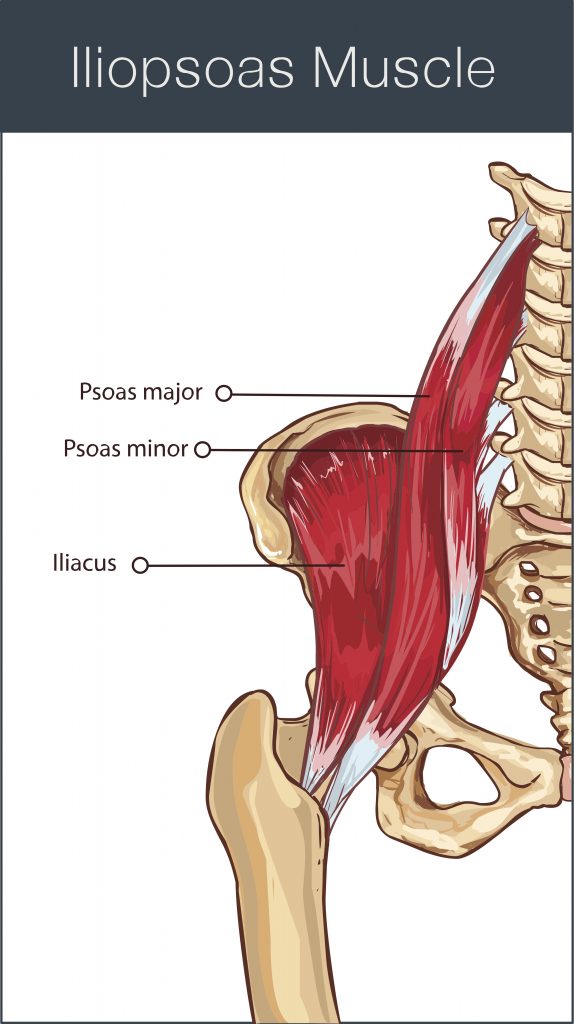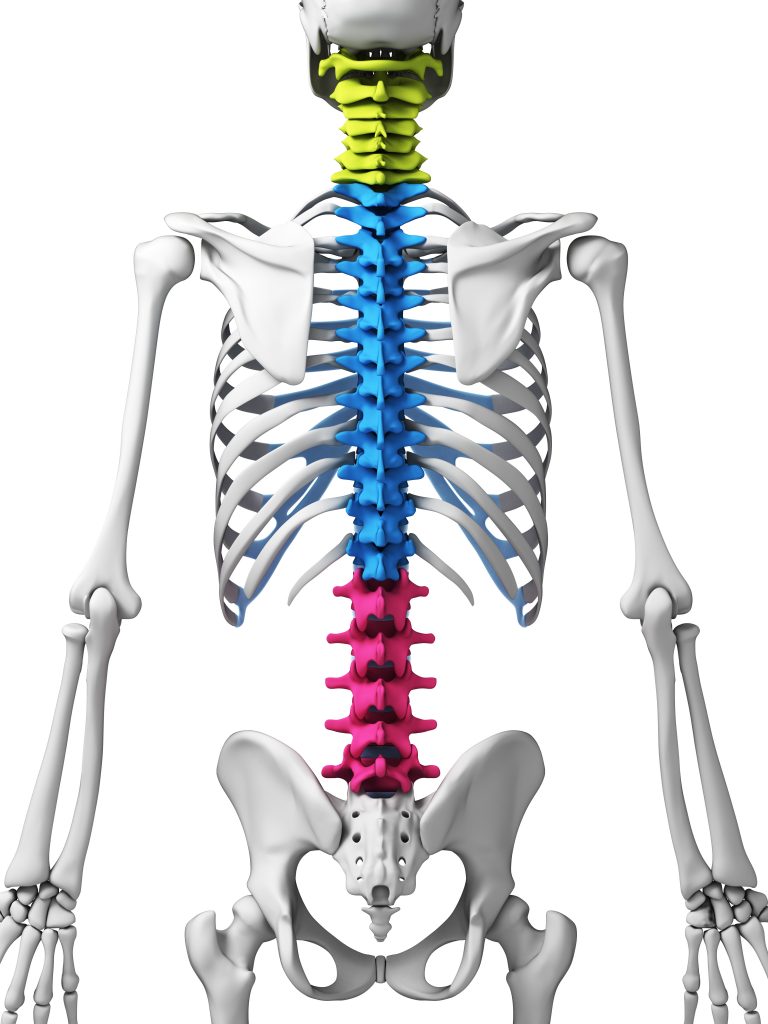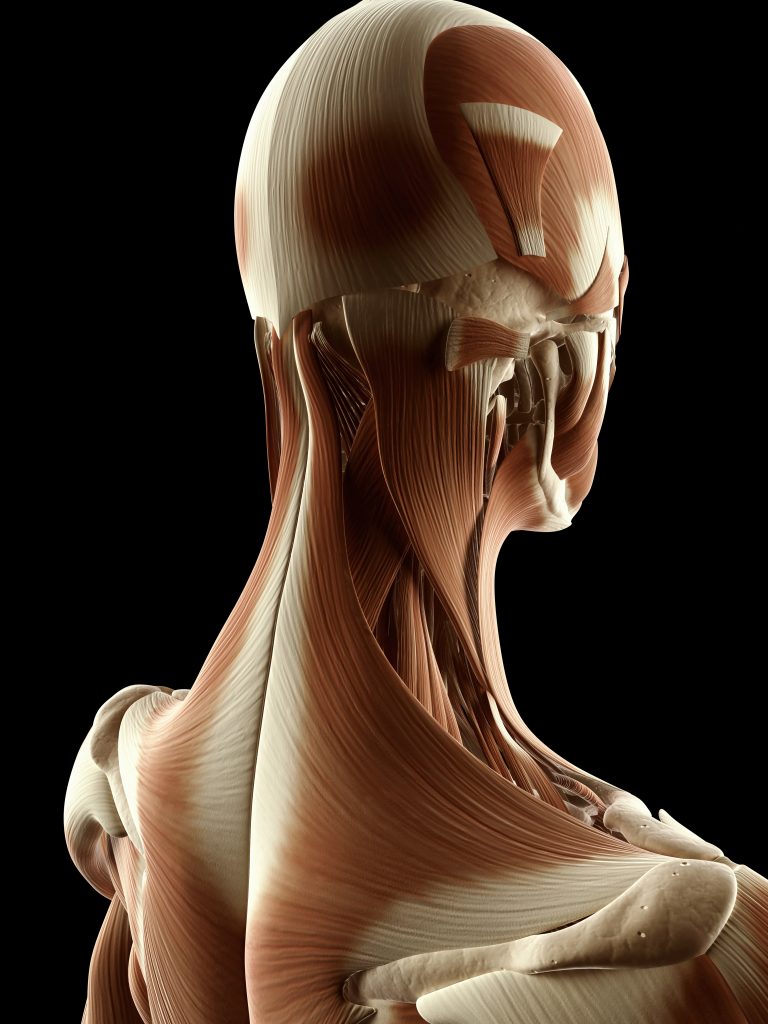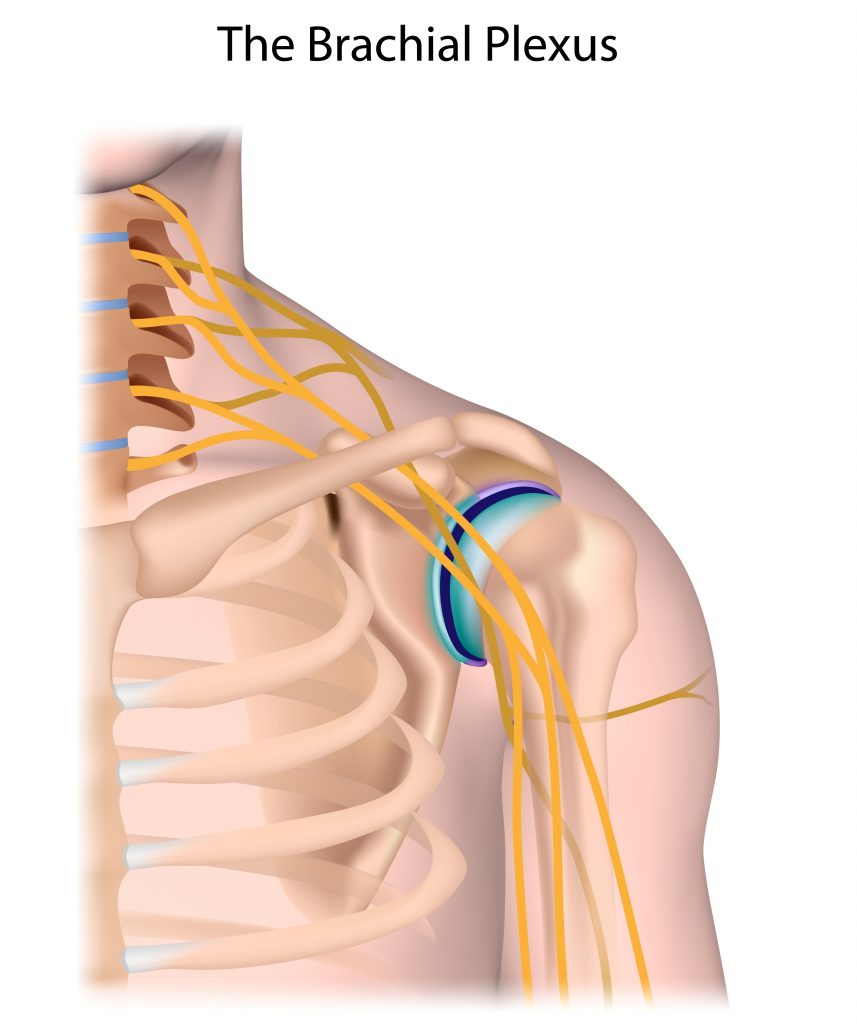Getting older isn’t always easy. If you’ve started to notice things changing in your body, you’re not alone.
For most people, aging sneaks up on us by surprise. You’re just living your life when suddenly you notice that things don’t work quite the same as they used to.
Aches and pains creep in. You’re not as flexible as you used to be. Or maybe your feet are stiff and sore first thing in the morning.
There are some basic body changes that happen as you get older. This is just a fact of life. Your cells are replicating constantly. Like a Xerox, when you have copies of copies of copies, the integrity degrades.
(Okay, that’s not exactly medically accurate, but you get the gist.)
Soft tissue loses its bounce, becoming less elastic. And that’s when you realize that you can’t move like you used to.
This is normal, right? It happens to everyone.
While it’s true that soft tissue becomes more rigid as you get older, stiff, aching muscles aren’t always just a “normal sign of aging.”
What Your Stiff, Aching Muscles Are Trying to Tell You
When you wake up with a stiff back or find that you can’t turn your sore neck, you may have just slept wrong.
But these common symptoms could also be a sign of a dangerous underlying condition: magnesium deficiency.
Magnesium is a naturally occurring mineral found in many foods, like leafy greens, nuts, seeds, and chocolate. Although you can get magnesium by eating a healthy diet, magnesium deficiency is surprisingly common.
Magnesium is essential for more than 300 different chemical reactions in the body. So, you need a lot of it. But even if you eat a healthy, nutrient-dense diet, you still might be at risk for magnesium deficiency.
Consumption of magnesium-rich foods has declined. But also, magnesium and calcium — both critical minerals for health — compete for absorption in the body.
While both are necessary, you want to keep about a 2:1 ratio of calcium to magnesium. Unfortunately, most people get a lot more calcium than magnesium in their diets. That winds up throwing off the ratio in your body.
What Are the Symptoms of Magnesium Deficiency?
You may be wondering:
“How do I know if I have a magnesium deficiency?”
That’s a good question. As I mentioned, one of the biggest symptoms of magnesium deficiency is stiff, sore muscles.
Magnesium is a natural muscle relaxer. Your muscles require magnesium to release tension. So, if you don’t have enough of it in your body, you’ll be unable to relax.
This goes for more than just muscle tension, too. Other symptoms of magnesium deficiency include anxiety, depression, and trouble sleeping at night.
In fact, magnesium is so critical for health, that it affects practically every system in your body:
Neurological:
- Behavioral disturbances
- Irritability and anxiety
- Lethargy
- Impaired memory and cognitive function
- Anorexia or loss of appetite
- Nausea and vomiting
- Seizures
- Muscular:
- Weakness
- Muscle spasms (tetany)
- Tics
- Muscle cramps
- Hyperactive reflexes
- Impaired muscle coordination (ataxia)
- Tremors
- Involuntary eye movements and vertigo
- Difficulty swallowing
Metabolic:
- Increased intracellular calcium
- Hyperglycemia
- Calcium deficiency
- Potassium deficiency
Cardiovascular:
- Irregular or rapid heartbeat
- Coronary spasms
What Are the Causes of Magnesium Deficiency?
Stress and physical activity can cause magnesium deficiency. A diet high in processed foods is also to blame.
However, many of us have a magnesium deficiency not from poor dietary choices, but because food crops have less magnesium than they did fifty or a hundred years ago.
Most of our food supply is deficient in magnesium. That’s because soils are depleted from over farming. Crops are also increasingly being selected for higher yield.
As a result, plants grow faster, but they don’t take up minerals more minerals as they do so. So, the total magnesium content is more diluted. You would have to eat a lot more vegetables in order to get the same quantity from your diet.
Basically, this means that getting enough magnesium isn’t as simple as eating your greens.
How to Get More Magnesium into Your Body
Magnesium is crucial for health. It’s important that you don’t just “gut it out” when your muscles are stiff and sore. Don’t chock it up to just a normal sign of aging.
While a healthy diet is still essential, it may be necessary to supplement your magnesium intake.
A word:
You may be wondering, “Do I really need to supplement with magnesium?”
Listen, I get it. I don’t want to take fifty-trillion pills everyday either. But magnesium is one I’m never without. Not only does it benefit my overall health, but when I don’t take the magnesium, I immediately feel the effects in my muscles.
Many of my clients notice a quick and drastic reduction in muscle pain and cramps with magnesium supplementation.
Also, magnesium supplementation is relatively safe unless you have pre-existing kidney issues. But of course it’s best to check with your doctor before supplementing.
Here’s what you need to know…
A Brief Guide to Magnesium Supplementation
There are two ways to get more magnesium into your body: oral and topical.
Oral supplements are generally capsules that you swallow, while topical magnesium comes in the form of a spray, gel, or lotion that’s applied to your skin.
Both have their pros and cons. Oral supplements can quickly boost your body’s levels. But since magnesium is also a laxative, they can be hard on your gut.
Topical magnesium tends to have lower concentrations of the mineral, but applying it to your skin bypasses any gut absorption issues from IBS, celiac disease, leaky gut, SIBO or other digestive disorders.
There are also several different forms of supplemental magnesium:
Magnesium Glycinate: best for muscle tension, sleep, and gut health
Magnesium Malate: ideal for boosting energy
Magnesium Threonate: great for brain health or to improve learning and memory
Magnesium Citrate: excellent for muscle cramps and relaxation
Avoid magnesium oxide as it has a poor absorption rate.
The bottom line here is just to get the magnesium into your body. You could go crazy researching all the various supplements and deciding which is exactly perfect for you.
But that doesn’t put magnesium inside your cells. So, don’t get too hung up on all the nitty gritty.
That said, magnesium is so critical for health that I wrote an entire guide about this one mineral, which you can download completely free here >>
It’s chock full of research and references, should you be into such things. But it also gives you the practical lowdown on this amazing, anti-aging natural muscle relaxer.
Click here to download it, and be sure to share it with your friends!






